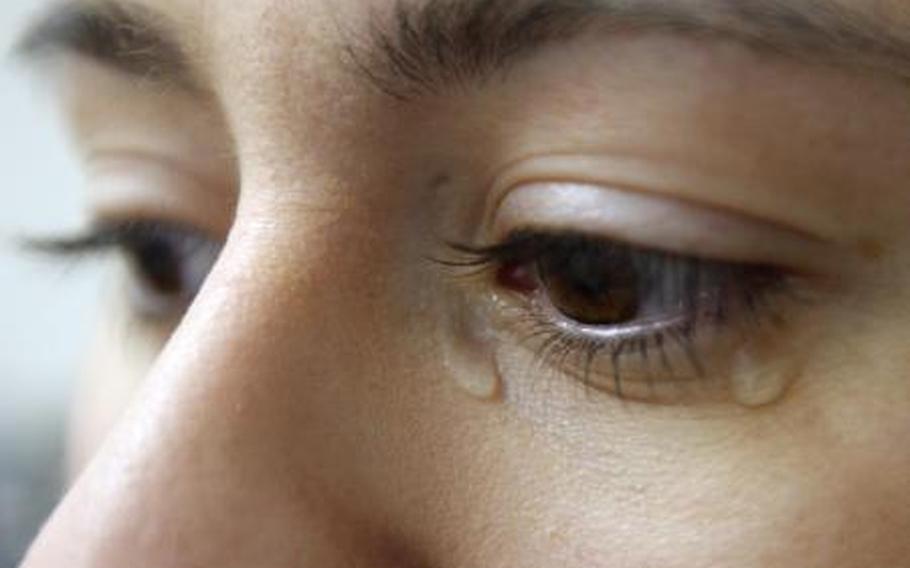
Roughly one out of five military women say they were victims of unwanted sexual contact by another servicemember since joining the military, according to a 2011 Pentagon health survey. The VA on Monday announced expanded eligibility for vets in need of mental health care due to military sexual trauma. (Logan Kyle/DVIDS)
WASHINGTON — The VA on Monday extended sexual assault counseling and treatment programs to some National Guard and Reserve veterans for the first time.
Now, those who suffered sexual trauma during weekend non-active-duty training can seek the same psychological help promised to active-duty vets, the Department of Veterans Affairs said.
It is the first in a series of reforms recently passed by Congress as part of a massive VA overhaul bill aimed in part at increasing access to care in the midst of a stubborn epidemic of sexual violence in the military. Over the next two years, the changes will also remove paperwork barriers to treatment for current active-duty troops and require new Capitol Hill oversight of VA efforts.
“VA simply must be an organization that provides comprehensive care for all veterans dealing with the effects of military sexual trauma,” VA Secretary Bob McDonald said in a written statement.
The department’s sexual assault treatment programs had only covered active-duty troops according to federal law, leaving out hundreds of thousands serving in the Guard and Reserves. Those servicemembers can now access various programs and specialists in the VA’s nationwide health care system.
About one in four female veterans report being sexually assaulted or harassed while serving and about one in 100 men say they were, according to the VA. The psychological wounds can result in a wide range of ailments such as numbness, substance abuse and relationship troubles.
Despite years of promises, the military has struggled to reduce the prevalence of sex assaults. The expanded access for victims, known as the Ruth Moore Act, marks a significant step toward helping victims. It was tucked into a massive $16.3-billion VA overhaul law primarily aimed at fixing a scandal over long patient wait times and bureaucratic wrongdoing.
By next summer, the law requires the VA and the Defense Department to tear down requirements that servicemembers show some proof of assault or harassment before getting treatment. Advocates compare the changes to earlier – and now abandoned -- requirements that victims of post-traumatic stress disorder provide some paperwork to prove their injuries.
Troops will be able to get VA treatment for sex assault without substantiating documents or a referral from military authorities or doctors, according to the new law.
New congressional oversight of the VA’s treatment efforts will take effect in 2016.
The department will be required to submit annual reports to lawmakers on programs for male veterans versus programs for female veterans, as well as how the VA and the DOD are helping victims transition out of service.